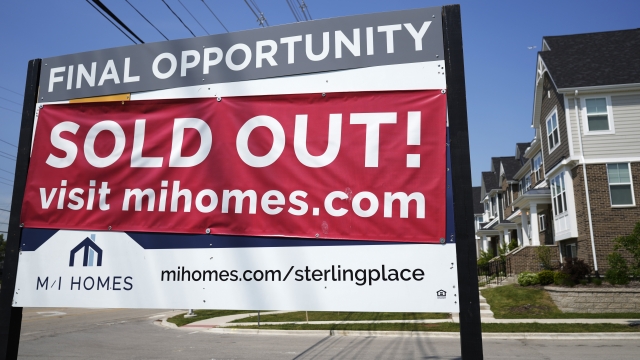The debt ceiling deadline is just days away, and the alarms on the economic impact of a default are sounding louder.
"The closer we get, the more realistic the possibility becomes that we have a full-blown disaster," says David Wilcox, the Director of U.S. Economic Research at Bloomberg Economics.
The warnings are dire, and for the biggest investment most people make in a lifetime, a default would make buying a house much more expensive. Mortgage rates are already climbing. If there's a prolonged default, a Zillow analysis forecasts housing costs spiking by 22%. 30-year fixed rate mortgages are predicted to soar to 8.4%. That's the highest since the early 2000s.
In that scenario, experts advise waiting to buy a home.
Jully-Alma Taveras, a personal finance expert at InvestingLatina.com says, "That might mean that you're going to continue renting and just invest a big portion of your money into the stock market."
But as buyers wait, the housing industry could take a hit. The Zillow analysis projects 23% fewer sales of existing homes in September compared to the no-default scenario. As the debt ceiling negotiations drag on, experts advise consumers to prepare for the worst by tightening budgets and reducing debt.
"Now is the time to harbor your resources. Hold back on your discretionary spending, avoid that extra restaurant meal until this situation is resolved," Wilcox said.
There is one small bright spot: Even in a prolonged default, Zillow's economists say the impact to home values would be modest, declining about 1% from current levels through next February.
SEE MORE: What happens to SNAP benefits if debt ceiling agreement isn't reached?
Trending stories at Scrippsnews.com




